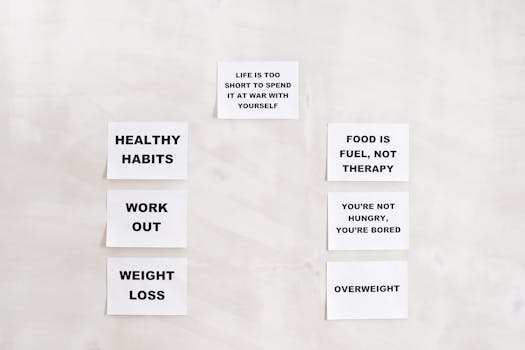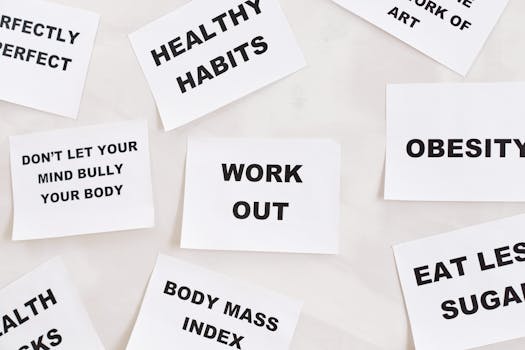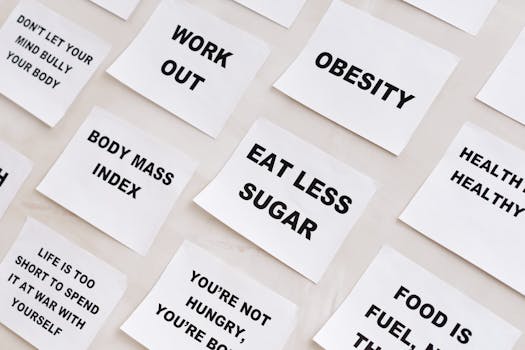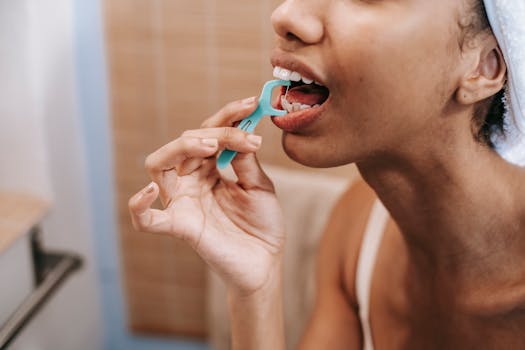
Living a healthy lifestyle is a choice that many of us make, but it takes time and dedication to make it a reality. Healthy habits, combined with regular check-ups, are critical to maintaining optimal health, yet many people overlook this aspect of their wellbeing. In this blog, we will discuss what healthy habits are, how they benefit us, and why getting regular check-ups is essential.Healthy Habits to AdoptHealthy habits are actions we engage in that promote our mental and physical wellbeing. They include:1. Eating a Balanced Diet: A balanced diet is one that provides all the necessary nutrients the body needs. It includes eating a variety of fruits, vegetables, whole grains, and lean proteins.2. Exercise Regularly: Exercise offers numerous benefits, including improved cardiovascular health, reduced risk of chronic illnesses, improved mood, and better sleep.3. Prioritize Sleep: Our bodies need enough rest to maintain optimal health. It’s essential to get 7-9 hours of sleep every night to function optimally.4. Manage Stress: Stress is a part of life, but it’s crucial to manage it to avoid negative effects on our health. Activities like meditation, deep breathing, or a hobby can help manage stress.

5. Limit Alcohol: Consuming alcohol in moderation is acceptable. However, excessive alcohol use can lead to a myriad of health problems.The Benefits of Adopting Healthy HabitsHealthy habits offer a myriad of benefits, including:1. Reduced Risk of Chronic Illness: A healthy lifestyle reduces the risk of chronic illnesses such as heart disease, diabetes, and some cancers.2. Improved Emotional Wellbeing: Eating healthy, exercising regularly, and sleeping well, can increase our mood, boost self-confidence, and reduce anxiety and depression.3. Increased Energy: Healthy habits can increase our energy levels and productivity, enabling us to lead fulfilling lives.Getting Regular Check-Ups

Getting regular check-ups complements healthy habits by ensuring that potential health problems are caught early, and preventative measures can be taken. Below are reasons why you need to schedule regular check-ups:1. Detect Health Problems Early: By visiting a doctor regularly, potential health problems can be detected early, enabling early intervention and preventing them from becoming severe.2. Monitor Chronic Conditions: For people living with chronic illnesses, regular check-ups are essential to monitor their condition and ensure that their treatment plan is working effectively.3. Promote Good Health: Regular check-ups can serve as an opportunity for doctors to provide advice on living a healthy lifestyle, including diet, exercise, and other healthy habits.4. Update Vaccinations: Regular check-ups are an opportunity to update vaccinations required to protect against various illnesses.ConclusionHealthy habits and regular check-ups are essential components of living a healthy lifestyle. By adopting healthy habits such as eating a balanced diet, exercising regularly, sleeping well, managing stress, and limiting alcohol, we can improve our health and wellbeing while reducing the risk of chronic illnesses. Regular check-ups also serve as an opportunity for doctors to detect health problems early and offer preventive measures, provide advice on living a healthy lifestyle, monitor chronic conditions, and update vaccinations. Together, healthy habits and regular check-ups will help us lead fulfilling and healthy lives.
 see all posts!
see all posts!











































